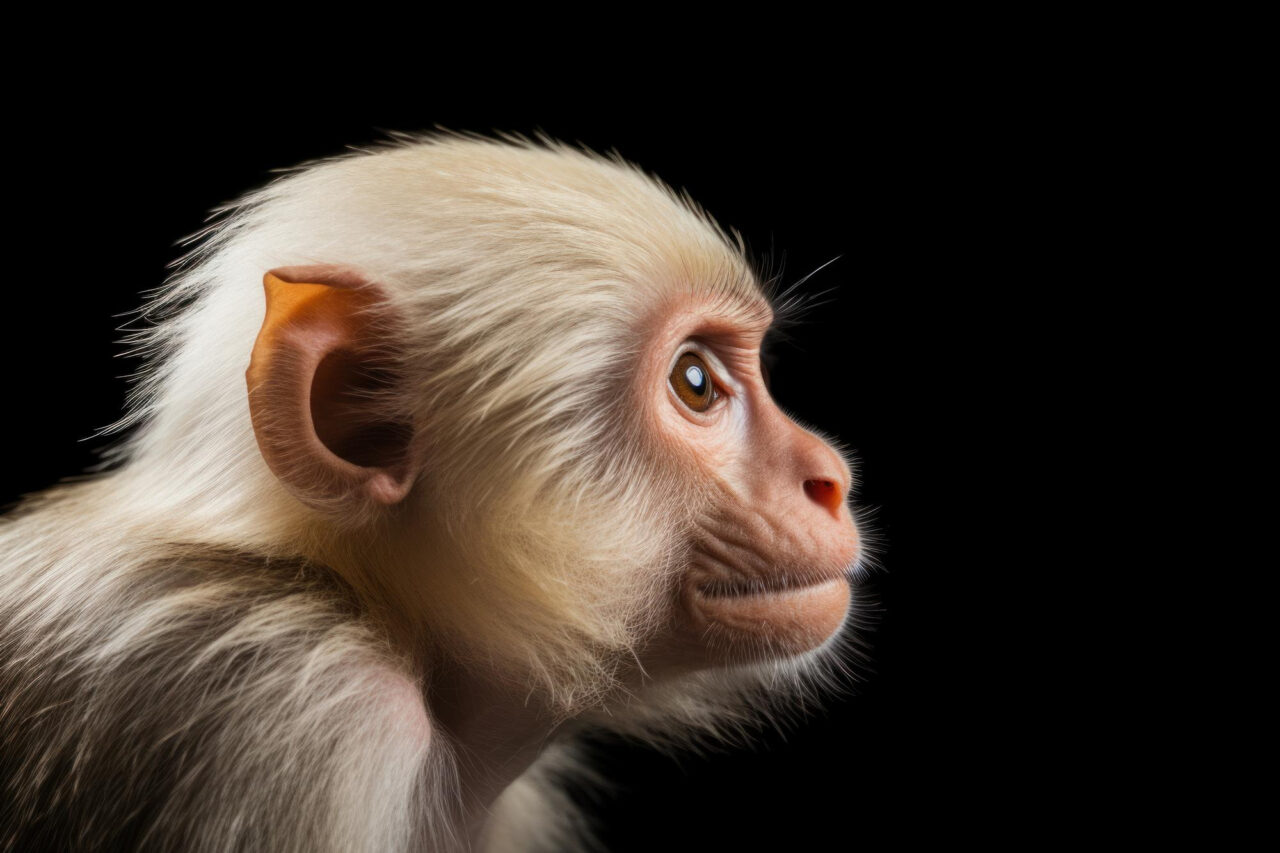
Imagine you have to buy a new phone of which three different models are available. One of the three, the most expensive, has sold out, and therefore you cannot buy it. That leaves you to choose between the other two: one is more expensive and closer in model to the one sold out; the other has the features you want, costs less, and is however further away as a model from the finished one. For most people, when faced with this choice, the smartphone similar to the one that is sold out becomes the most attractive option and is purchased more frequently, even if the third one available has similar characteristics and costs less. It is a mechanism widely exploited in marketing, and called the 'bait effect'.
Rational, but not too rational
Traditional economic theories of how humans make decisions tell us that people's preferences are consistent and independent of the context in which choices are made. In practice, in the example of telephones just described, adding the unavailable model to the options from which to choose should make no difference. Instead, an established tradition of research in psychology, well exploited by marketers to guide consumption, argues that human beings do not make rational decisions, and that decisions are highly influenced by the way and context in which choices are made. The decision-making process is, for example, systematically distorted by so-called 'bait' options, i.e. options that are presented among the alternatives to choose from, but that should be irrelevant to our decisions because they are either not available or because they are of lower quality than the other alternatives. To take another concrete example, it is as in the case of popcorn at the cinema: the 'medium' packet that costs slightly less than the 'large' one makes us decide to buy the latter, even though we originally intended to buy the 'small' size.
Even the cebi fall for it
But humans are not the only ones who 'suffer' these mechanisms. Even animals much further removed from us in the evolutionary line make choices that could be called irrational if judged by the principle of maximum utility. One study just published in the scientific journal Animal Cognition , and whose first author is Marco Marini, a researcher in cognitive science at the IMT School, has shown that even the choices of some species of monkeys are influenced by options that, rationally speaking, would be irrelevant. The study, conducted in collaboration with researchers from the CNR Institute of Science and Technology of Cognition (ISTC-CNR) in Rome, verified for the first time the presence of the so-called 'decoy effect' in a species of non-human primates, small South American monkeys called horned cebi. Another research A recent study by the same group had for the first time convincingly shown that among capuchin monkeys, the addition of a bait option considerably influences food choice.
The new research added new empirical evidence, examining the impact on the food preferences of cebi from cornets of two types of baits: those that are 'asymmetrically dominated', i.e. options that, although available, are clearly inferior to one of the other alternatives present in the choice context, becoming de facto irrelevant (such as the addition of a rotten apple in the choice between an apple and a pear); and the so-called 'ghost' options, alternatives that are apparently available, but are not accessible in reality (the case of the smartphone depleted). Both of these categories of options have been shown to significantly influence the food preferences of monkeys, regardless of their actual availability. 'The presence of these cognitive biases in choice, in addition to highlighting important parellisms underlying decision-making in these species, raises numerous questions about the nature of animal cognition,' Marini notes.
Beastly decisions
The two aforementioned studies fill a gap. Until now, there has been a lack of convincing data on how animals close to us in evolutionary lineage choose and make decisions. Whereas the decision-making process of other animals has been much more investigated with a view to understanding the evolutionary origins and adaptive significance of these behaviours. There is evidence that the presentation of context can alter the choice of many other species as well. Dogs, for example, experience the decoy effect as we do. In one experiment, a group of dogs was given the choice between one piece of hot dog placed at the end of a rather wide passage, or five pieces of hot dog placed at the end of a narrower passage, which dogs are generally afraid of. For dogs, who are able to recognise the quantity of food by sight and smell, the larger quantity is certainly desirable. But if a 'bait' option is added, i.e. five pieces of hot dog placed at the end of an even narrower passage, the preference for the 'five slices but narrow passage' option increases compared to the situation where the bait option is not present. But even 'unsuspected' species such as insects do not seem immune at all. In bees, the addition of a third flower as 'bait' changes the preference shown between two flowers containing a sugar solution. According to several other studies, the same mechanism of contextual influence on choice is also at work in some species of birds, frogs, and even single-celled organisms such as moulds.
"The way we make decisions is anchored within an evolutionary process that began millions of years ago," says Marini. "Despite the fact that we consider ourselves to be completely rational, we make errors in reasoning that are entirely similar in other species." The choice of the largest popcorn or the most expensive mobile phone, in short, comes from afar.
Chiara Palmerini